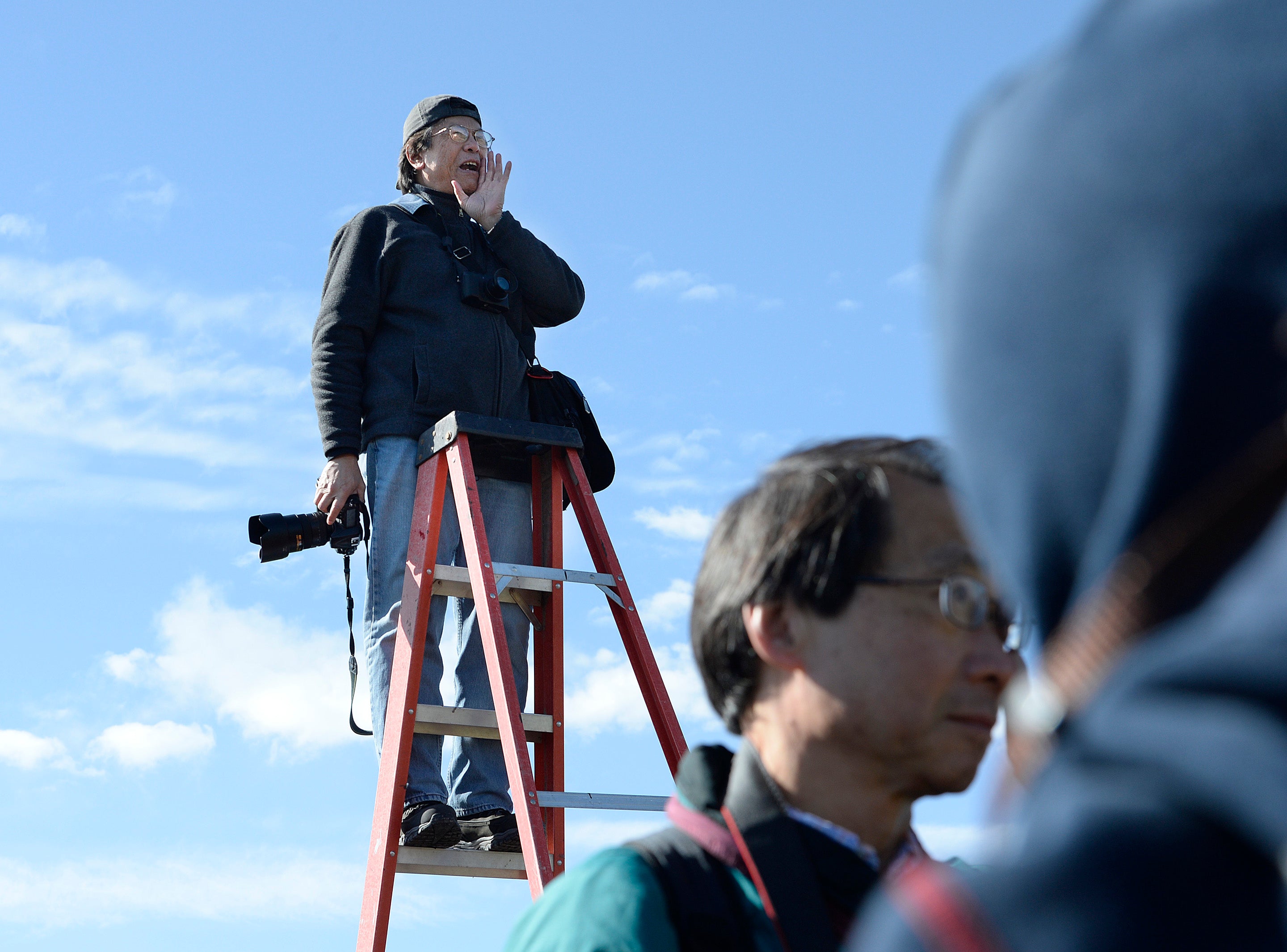Corky Lee, known for photographing Asian America, dies at 73
Corky Lee, a photojournalist who spent five decades spotlighting the often ignored Asian and Pacific Islander American communities, has died

Your support helps us to tell the story
From reproductive rights to climate change to Big Tech, The Independent is on the ground when the story is developing. Whether it's investigating the financials of Elon Musk's pro-Trump PAC or producing our latest documentary, 'The A Word', which shines a light on the American women fighting for reproductive rights, we know how important it is to parse out the facts from the messaging.
At such a critical moment in US history, we need reporters on the ground. Your donation allows us to keep sending journalists to speak to both sides of the story.
The Independent is trusted by Americans across the entire political spectrum. And unlike many other quality news outlets, we choose not to lock Americans out of our reporting and analysis with paywalls. We believe quality journalism should be available to everyone, paid for by those who can afford it.
Your support makes all the difference.Corky Lee, a photojournalist who spent five decades spotlighting the often ignored Asian and Pacific Islander American communities, has died. He was 73.
Lee died Wednesday in New York City s Queens borough of complications from COVID-19 his family said in a statement.
“His passion was to rediscover, document and champion through his images the plight of all Americans but most especially that of Asian and Pacific Islanders,” his family said.
The self-described “undisputed unofficial Asian American Photographer Laureate," Lee used his eye to pursue what he saw as “photographic justice.” Almost always sporting a camera around his neck, he was present at many seminal moments impacting Asian America over a 50-year career.
Corky (Young Kwok) Lee was born in New York City to Chinese immigrant parents. He was the first child in his family to graduate from college.
A self-taught freelance photographer, Lee aimed his camera lens on a slew of subjects from anti-Vietnam war protests to police brutality. Most recently, he was documenting anti-Asian racism brought on by the pandemic.
Lee was there when Asian Americans took to the streets to protest the lack of jail time for the killers of Vincent Chin. The 27-year-old Chin was beaten to death in Detroit in 1982, a time when Japan was being blamed for the U.S. auto industry’s decline. The two laid-off white autoworkers who killed Chin — who was Chinese — assumed he was Japanese. They were convicted of manslaughter but got just three years of probation.
In 2017, Lee organized a vigil outside the Nevada home of one of Chin’s attackers.
An event that had an indelible influence on Lee’s desire for more Asian representation was the building of the Transcontinental Railroad. In previous interviews, Lee spoke of being in junior high and coming across a picture from the 1869 completion of the railroad in Utah. The iconic “Champagne Photo” featured almost no Chinese workers, even though they made up the majority of the labor.
In 2002, Lee gathered some of those laborers’ descendants in the same spot for a reenactment. More than a nice gesture, Lee felt the anniversary photograph was restoring Asians into the history of the country they helped build. He went on to recreate the photo on more than one anniversary.
Lee also believed in paying it forward to Asian American journalists coming after him. He was a founding member of the New York chapter of the Asian American Journalists Association. He is credited with helping raise more than $100,000 in scholarship funds through annual photo auctions.
“AAJA is heartbroken over the loss of our beloved Corky Lee, a trailblazer whose career has been instrumental to our collective understanding and appreciation of the history, triumphs and struggles of Asian America,” AAJA President Michelle Ye Hee Lee said in a statement.
A private funeral service will be held at Wah Wing Sang Funeral Home in New York.
Lee is survived by his brother John.